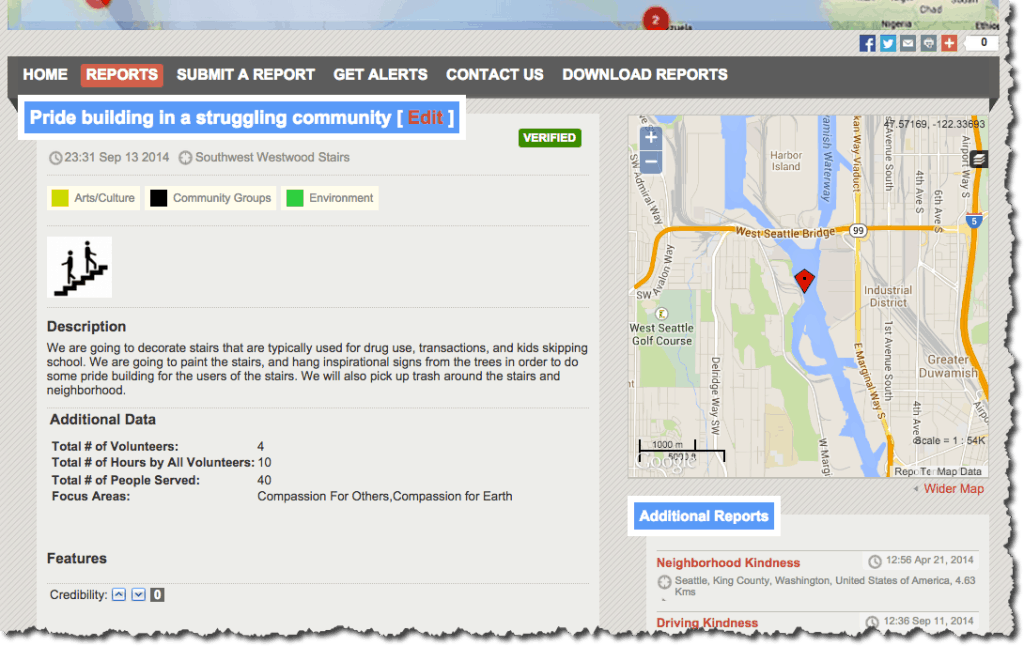Lush Cosmetics is an incredible supporter of Human Rights and asked us to write about it. LUSH is a Gold Sponsor of the Games!
What does it mean to be a free person? What are the human rights that guarantee these freedoms? The answer to this profound question and often taken for granted concept may be as simple as having the right to say, “no.” Think about it for just a moment. If you can no longer decline what people ask of you, then by definition you must obey them, and ultimately, you no longer have free choice. You are no longer free.
So the ability to say no is an essential human right. But there must be more to this equation; we don’t live our lives in light of what we can decline. If saying “no” can be such a powerful symbol of freedom, we can only begin to imagine what saying “yes” can truly do. “No” naturally stops and stifles, while “yes” can propel and accelerate action. In a world where we can invent ways to share and serve humanity with one another, what do we want to say yes to? Because what we say yes to really matters.
Caring, nurturing, and loving kindness: would you say yes to these? These are the qualities of a truly thriving human world. Compassion is social gravity, a phenomenon that creates a field of trust, loyalty, and the desire to act on behalf of those we love (including the earth and ourselves). “Our [ultimate] task,” Albert Einstein once said, “must be to free ourselves from this prison [of perceived separation] by widening our circle of compassion to embrace all living creatures and the whole of nature in its beauty.”
Yet, where do we learn these skills? Who can teach them to us and how can we develop them? The Compassion Games lets us bring these ideas into our lived experience. To know something, truly, is to act in alignment with that sense of knowing, to use the skills of that knowing for doing good. In short, knowing is doing, and what better way to do than to play?
Playing challenges us to “Behave into new ways of thinking as distinct from thinking into new ways of behaving.” If people innately want to say yes to compassion, then we need to find ways as a society that can get people off the sidelines and out onto the field to actually act compassionately.
This is the very reason the Compassion Games were created at all: to be an excuse, or a sort of “culture hack” to get people thinking and speaking differently – and most importantly – giving people “permission” (although we’ve always had that power) to actually act and make a difference in the world, and to do it together. The Compassion Games invite us to engage in and act compassionately toward others, the earth and just as essentially toward ourselves. They shine an overdue light on the brilliance of human potential, for once focusing on the acts of goodness that take place everyday in the world where compassion has always existed but has often not been paid attention to. The Games help fan the fires of this good to help it grow and thrive.
One creative and thoughtful example of people in a community working together as compassion in action for the Games is called “Pride Building in a Struggling Community.” Four people are taking the time to inspire struggling individuals who use a particular stairway for drug use and as a place to hang out when skipping school.
They reported, “We are going to decorate the stairs that are typically used for drug use, transactions, and kids skipping school. We are going to paint the stairs, and hang inspirational signs from trees in order to do some pride building for the users of the stairs. We will also pick up trash around the stairs and neighborhood.” (See the project report in the photo below.)
 There is also a growing list of everyday actions that can be done by anybody, at anytime, to exercise our “compassion muscle.” You could:
There is also a growing list of everyday actions that can be done by anybody, at anytime, to exercise our “compassion muscle.” You could:
- Mentor an at-risk youth
- Strike up a conversation with an elder
- Be kind while driving (it takes patience and understanding!)
- Make a blanket and donate it to a homeless shelter
- Give a thank you note to a person you appreciate
- Or even give yourself 15 minutes of silence to appreciate the beauty of nature
Find more everyday compassion ideas here: http://bit.ly/1qT6YUI. Try out a few of them for yourself, and report your experiences on the Compassion Map! Sharing and celebrating can be just as important as doing. Find the Compassion Map here: https://www.compassiongames.org/compassionmap/
At a point, we human beings have to ask ourselves: Are we tired of senseless violence and fear, and of our culture’s obsession with portraying it? Or the hatred that stems from ignorance and a lack of understanding, causing a disunified rift in the spirit of the one human family? Are we fed up with the way we disrespect the only home we’ve ever known, our Mother Earth? This work of restoring our world can be done, and it can be done with a hopeful heart. Why? Because you and I are not alone in this desire to change things. And so we will.
As a wise friend says, “If you want to change the world, you’ve got to throw a better party.”
Or… Play. Play a better game.
Game on.

